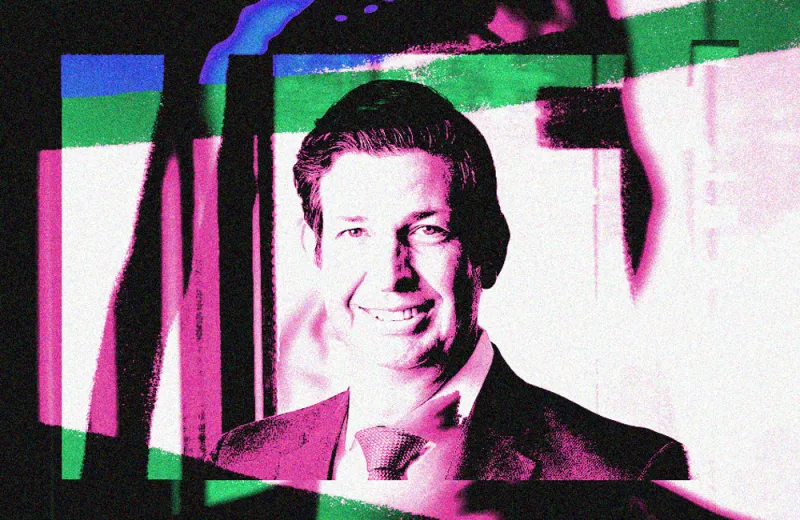After 23 years in quantitative hedge funds and managed futures, Michael Harris retired from Campbell & Co. in December 2019 because he felt that he was losing the battle to defend a core tenet of investing: the need to hedge. “Investors kept saying, ‘I’ll get to that down the road when I need it,’ but we kept going year after year where they just didn’t need it,” Harris recounted. “We had a 10-plus-year period where people just felt like everything is good and we don’t need diversification. It just got more and more frustrating trying to sell those kind of strategies.”
Two months after he retired, the pandemic shut down the global economy, sending markets into a tailspin. But hedging still didn’t get its day. The Federal Reserve did exactly what everyone had been expecting them to do for years: bail out the markets. The first quarter was nasty, but then, as Harris put it, we “had the mother of all recoveries.” Allocators questioned the underlying sustainability of the rally and the central bank’s policy, but not for long. “There was this nanosecond [when they thought] ‘maybe I should pivot.’”
The last six months, however, may have finally changed investors’ minds.
Harris saw his opportunity to come back to the hedge fund world, this time as president of Nigol Koulajian’s quantitative firm Quest. In his first interview since joining the firm earlier this month, Harris talked to II about how he views his mandate for the $2.5 billion firm.
Although Harris’s plans rely on performance, that’s the one thing he declined to comment on during the interview. But according to other people familiar with the fund, the firm’s flagship strategy has returned 23.6 percent year-to-date through the end of May. Few have to be told that the S&P 500 and Nasdaq were down roughly 14 percent and 24 percent, respectively, over the same period, or that both indexes have taken additional losses in June.
In addition to freeing up Koulajian to focus on the bigger picture while he manages the day-to-day operations of the firm, Harris is researching ways to build Quest’s capacity.
“Our asset level has been rising and we’re getting close to capacity in our main strategy,” he said. “Another reason that I believe the firm hired me is to come in and continue to help them think about new ways that we can grow our existing strategies beyond where we are currently forecasting capacity,” he said. While the firm has been telling clients that it will probably have to pause new investments at $3 billion, Harris emphasized that most firms, including Quest, don’t have the ability to firmly forecast a maximum capacity number.
“You come up with a conservative number, and as you get closer to that number you look at real data. If costs are going up dramatically, then you probably need to put the brakes on even sooner,” he said.
The firm is actively doing research in a number of different areas, including exploring new methods to maintain lower trading costs. “Trading costs for a short-term manager can be make or break. If the costs are too high, your alpha gets swallowed up by those costs,” he said.
Quest is also researching both new markets that it can add and new strategies that it can employ, whether it’s a new source of alpha entirely or an existing alpha that has a different time horizon. A longer-term initiative is researching new products that the firm could potentially offer. “We don’t have to be a single-strategy shop. We’ve made a name for ourselves in this short-term space, but there can be others,” he said.
The most frequent question that Harris gets from potential investors and clients — and possibly reporters — is whether it’s too late to invest. His short answer is no, and it’s a question that informed his decision to join Quest.
His longer answer, which underlies the work he’s doing, concerns inflation, the pandemic, the war between Russia and Ukraine, and the interconnectedness of these three big macro issues. The experts initially thought that each of these issues would be transitory. But to Harris, it’s a larger regime shift and one that Quest can benefit from. “I can’t point to something that will come in and solve things over the next 30 days,” he said.
Harris reminded me of a conversation about commodity trading advisers we had in 2018. “CTAs and quant managers tend to make money when things are happening. We have gone from one big thing happening to three big things happening, with no end in sight,” he said.







